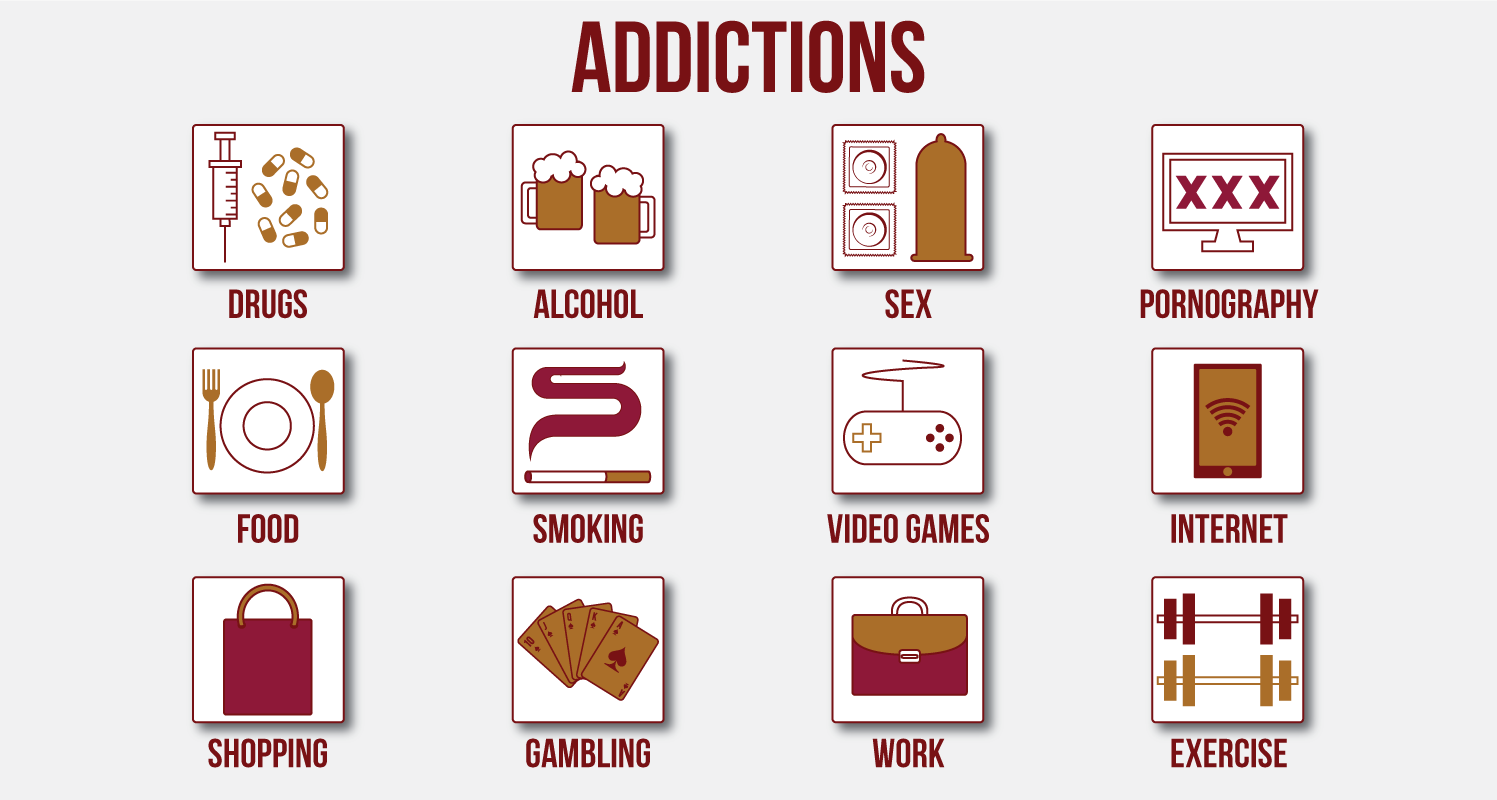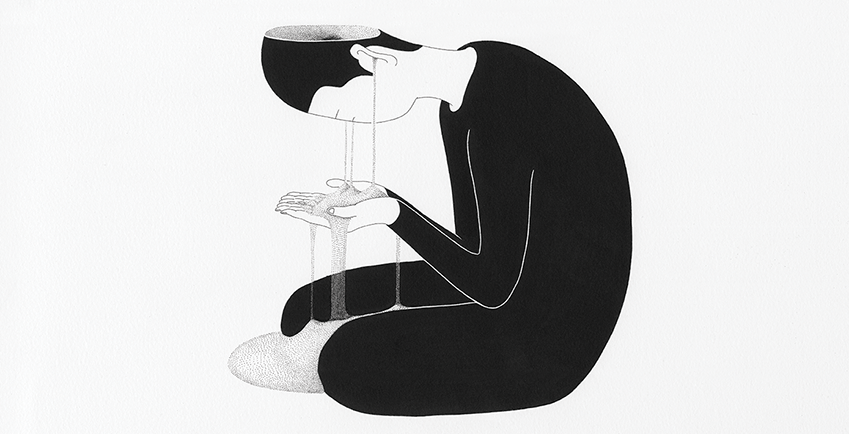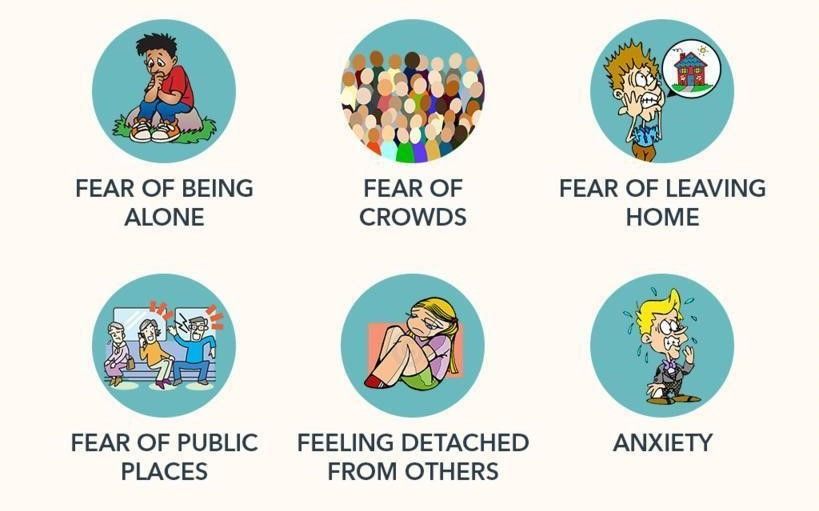VIRTUAL EMDR BLOG
What Is the Very Worst Symptom of PTSD?
03 Jul 2019
![]() Tag: PTSD , Anger Management
Tag: PTSD , Anger Management

We privately asked a large group of people who have used the Virtual EMDR Trauma and PTSD Programs what they thought their worst PTSD symptom was.
Their answers varied considerably, but when we added up the responses the specific symptom most often described as the hardest to manage. The answer? Having sudden and uncontrolled outbursts of explosive anger or rage.
“I go from totally calm and normal to wanting to punch someone in the face in about 2 seconds. The rage just takes control over me,” a survey respondent said. “Later when I calmed down, I couldn’t believe the way I had behaved. My therapist says this is my brain being hijacked by the PTSD.”
When asked for comment about his experience with treating himself, he went on to say that Virtual EMDR was a “game changer” for him and was able to decrease most of his symptoms after only a few sessions.
The Virtual EMDR Eye Movement Therapy Program offers two programs (or protocols) for working with your PTSD. The first deals with specific memories of the traumatic event and the second focuses on present after-effects of the trauma. You can try it for free here.
PTSD is not something that only comes from experiencing the horrors of war and combat. The reality is that it can also stem from things like ongoing verbal and emotional abuse in childhood, domestic violence, being attacked or sexually assaulted, being in an accident, or even bullying and threats.
The National Institute of Mental Health describes the Signs and Symptoms of PTSD as follows:
Symptoms usually begin early, within 3 months of the traumatic incident, but sometimes they begin years afterward. Symptoms must last more than a month and be severe enough to interfere with relationships or work to be considered PTSD. The course of the illness varies. Some people recover within 6 months, while others have symptoms that last much longer. In some people, the condition becomes chronic.
To be diagnosed with PTSD, an adult must have all the following for at least 1 month:
- At least one re-experiencing symptom
- At least one avoidance symptom
- At least two arousal and reactivity symptoms
- At least two cognition and mood symptoms
- Re-experiencing symptoms include:
- Flashbacks—reliving the trauma over and over, including physical symptoms like a racing heart or sweating
- Bad dreams
- Frightening thoughts
Re-experiencing symptoms may cause problems in a person’s everyday routine. The symptoms can start from the person’s own thoughts and feelings. Words, objects, or situations that are reminders of the event can also trigger re-experiencing symptoms.
Avoidance symptoms include:
- Staying away from places, events, or objects that are reminders of the traumatic experience
- Avoiding thoughts or feelings related to the traumatic event
Things that remind a person of the traumatic event can trigger avoidance symptoms. These symptoms may cause a person to change his or her personal routine. For example, after a bad car accident, a person who usually drives may avoid driving or riding in a car.
Arousal and reactivity symptoms include:
- Being easily startled
- Feeling tense or “on edge”
- Having difficulty sleeping
- Having angry outbursts
Arousal symptoms are usually constant, instead of being triggered by things that remind one of the traumatic events. These symptoms can make the person feel stressed and angry. They may make it hard to do daily tasks, such as sleeping, eating, or concentrating.
Cognition and mood symptoms include:
- Trouble remembering key features of the traumatic event
- Negative thoughts about oneself or the world
- Distorted feelings like guilt or blame
- Loss of interest in enjoyable activities
Cognition and mood symptoms can begin or worsen after the traumatic event but are not due to injury or substance use. These symptoms can make the person feel alienated or detached from friends or family members.
It is natural to have some of these symptoms after a dangerous event. When people have very serious symptoms that go away after a few weeks, it is called acute stress disorder. When the symptoms last more than a month, seriously affect one’s ability to function, and are not due to substance use, medical illness, or anything except the event itself, they might be PTSD. Some people with PTSD don’t show any symptoms for weeks or months. PTSD is often accompanied by depression, substance abuse, or one or more of the other anxiety disorders.
PTSD Treatment with Virtual EMDR
-The Virtual EMDR Eye Movement Therapy Program offers two programs (or protocols) for working with your PTSD. The first deals with specific memories of the traumatic event and the second focuses on present after-effects of the trauma.
-You can work at your own pace, and you do not need to wait until the follow week for your therapist appointment to work on your symptoms.
-Users are guided Step-by-Step through the EMDR Process with helpful Illustrations, Interactive Features, and Instructional Videos. All you need is a Computer, iPad or Tablet, and some Headphones.










I spent an hour on one session and it's truly a blessing that you have created this site/service. It's affordable and appreciated! I do have a therapist; but this is a wonderful addition to my therapy to process domestic violence PTSD. Thank you.
Thank you so much. This is so true an will change my life for the better.